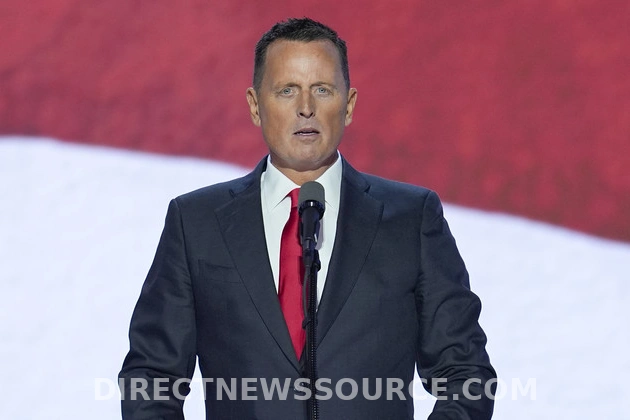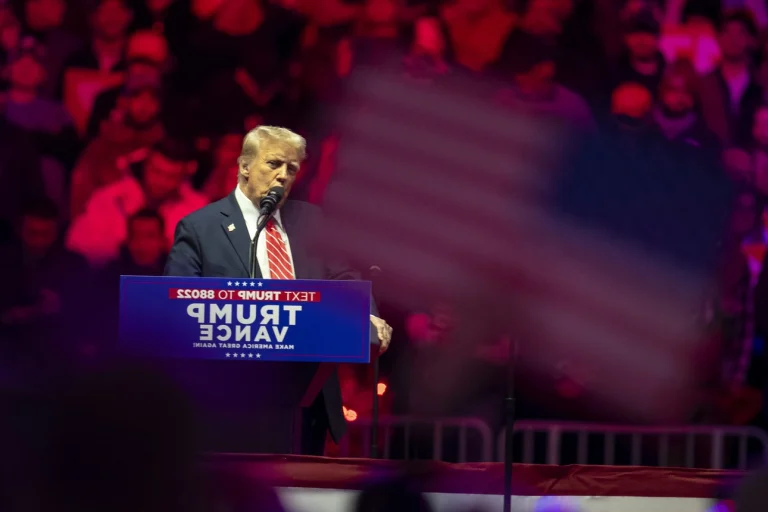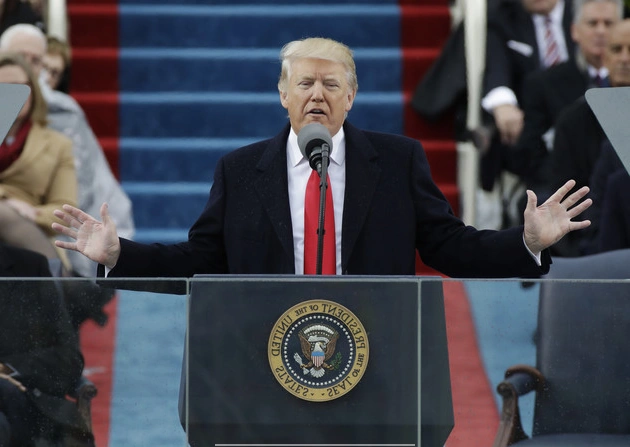
President-elect Donald Trump has officially named Richard Grenell, former Ambassador to Germany and a staunch ally, as a presidential envoy for special missions, putting an end to weeks of speculation regarding Grenell’s role in the upcoming administration.
In a recent announcement on Truth Social, Trump revealed that Grenell, his former acting director of national intelligence and special envoy for dialogue between Serbia and Kosovo, will be involved in addressing critical issues in various global hotspots, including Venezuela and North Korea.
Grenell’s Varied Portfolio
While the specifics of Grenell’s new role remain ambiguous, the focus seems to be on addressing significant challenges across the globe. Potential areas of involvement could range from Iran, Syria, and Yemen to Sudan, Haiti, and other crisis-ridden regions.
This appointment clarifies the uncertainty surrounding Grenell’s position in the upcoming administration, especially after his absence from initial senior roles and cabinet appointments. Despite Grenell’s aspirations for the role of secretary of State, the position was ultimately filled by Florida Sen. Marco Rubio, causing disappointment among conservative foreign policy circles. Grenell also declined the offer to serve as director of national intelligence.
Speculations and Expectations
Prior to this appointment, speculation swirled around whether Grenell would be assigned as a special envoy for Iran, tasked with addressing the Russia-Ukraine crisis, or granted a prominent ambassadorial position.
Recent indications from Trump hinted at Grenell’s forthcoming significant responsibilities. In a recent post on Truth Social, Trump praised Grenell, describing him as a remarkable individual destined for a top-tier position.
Potential Challenges Ahead
Grenell’s new role could potentially lead to conflicts with Rubio, and the specifics of how Grenell’s responsibilities will interact with the State Department remain unclear.
Although Trump’s announcement did not explicitly mention a confirmation process for Grenell, it’s worth noting that special envoys typically require Senate confirmation. However, past administrations have navigated this requirement through job description adjustments. Despite potential criticism from lawmakers, Grenell’s confirmation is likely if a Senate confirmation process is initiated.















